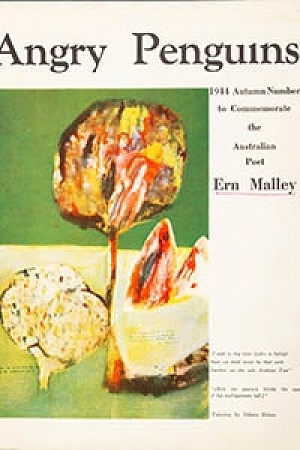Circadia
University of Queensland Press, $24.99 pb, 78 pp
Songs unfolding
In Poetry’s Knowing Ignorance, Joseph Acquisto borrows a definition of poetry from Phillipe Jaccottet: ‘that key that you must always keep on losing’. Attempting to know its subject, poetry reveals that there is always more to know. But the French poet’s metaphor, for Acquisto, does not mean ‘simple contingency’. It suggests ‘a complex play of certainty and doubt … that actively resists coming to a conclusion’. We might say that poetry expresses the friction in human experience between time and permanence.
Judith Bishop opens Circadia, her fourth full-length collection, with a preface: ‘this fold / holding off / world from world / will dissolve / love portends / and pretends’ (‘Skin’). That Bishop, who has translated Jaccottet’s poetry, keeps ‘Skin’ separate makes us search for a thesis. In its rhyme and visual/syllabic symmetry, the poem says: no union of self and other can happen. Rather, it declares that the union will happen, then recants. Yet love ‘pretends’, supports a claim it knows is false. We can also read ‘this fold’ as what Arundhati Roy calls ‘the skin on my thought’: language. Since Event (2007), Bishop has been engaged in one of poetry’s more nuanced, elegant, and unearthly studies of human intimacy. Circadia locates these relations in a larger study: of ‘the vital connection’, the poet, linguist, and AI researcher writes in an essay, ‘between language and the real’.
Continue reading for only $10 per month. Subscribe and gain full access to Australian Book Review. Already a subscriber? Sign in. If you need assistance, feel free to contact us.











Comment (1)
Leave a comment
If you are an ABR subscriber, you will need to sign in to post a comment.
If you have forgotten your sign in details, or if you receive an error message when trying to submit your comment, please email your comment (and the name of the article to which it relates) to ABR Comments. We will review your comment and, subject to approval, we will post it under your name.
Please note that all comments must be approved by ABR and comply with our Terms & Conditions.